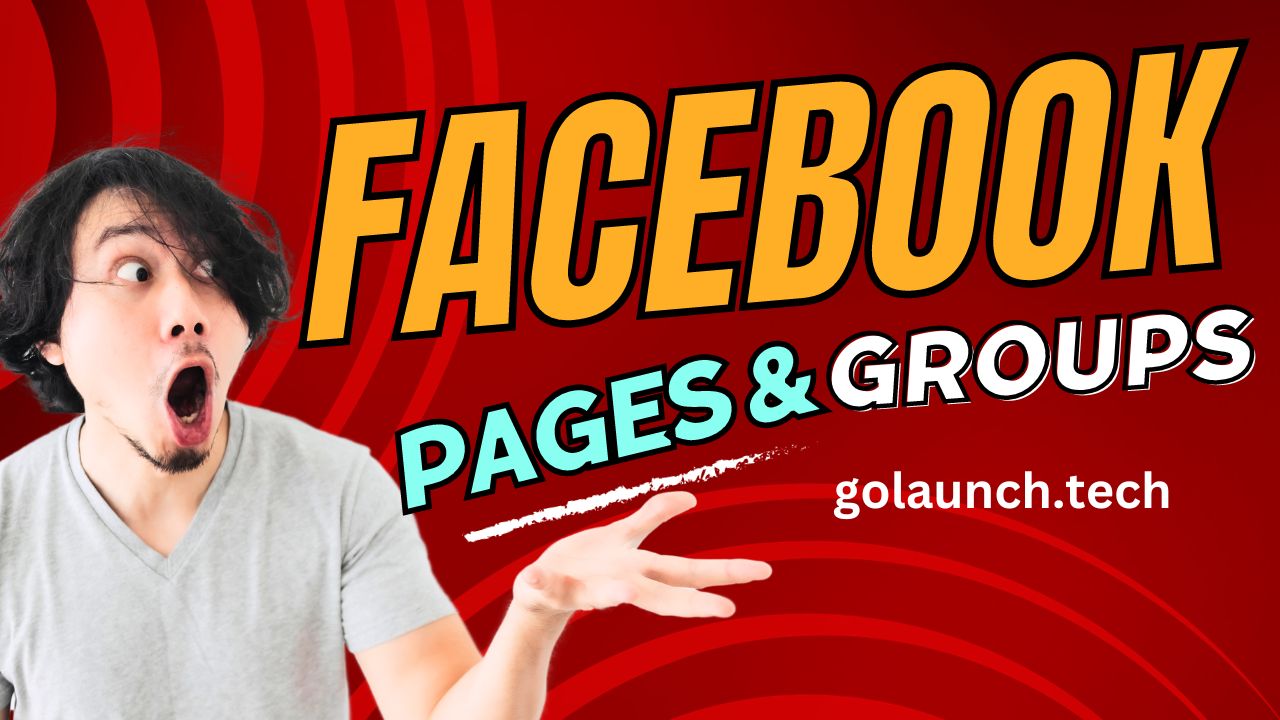Introduction:
Facebook Pages and Groups are powerful tools for businesses, brands, and communities to engage and communicate with their target audience. While they may seem similar, they serve distinct purposes. Let's break down their features, benefits, and best practices.
Facebook Pages:
A Facebook Page is essentially a public profile created for businesses, celebrities, causes, and other organizations.
Features & Benefits:
- Branding: Showcase your brand's personality, events, and services.
- Reach: Advertise to a broad audience using Facebook's ad platform.
- Analytics: Use Facebook Insights to understand audience engagement and post performance.
- Communication: Engage with your audience through comments, messages, and posts.
Best Practices:
- Consistent Branding: Ensure your profile and cover photos represent your brand. Use a recognizable logo.
- Engaging Content: Share a mix of posts, from videos, images to polls and articles.
- Prompt Responses: Always respond to comments and messages in a timely manner.
- Utilize Call-to-Action (CTA): Add CTAs like "Shop Now," "Book Now," or "Contact Us" to guide user behavior.
Facebook Groups:
Facebook Groups are spaces for people to communicate about shared interests, be it a community, a cause, or a favorite hobby.
Features & Benefits:
- Community Building: Foster an active community around a specific interest or cause.
- Privacy Options: Groups can be public, closed, or secret, providing layers of privacy.
- Engagement: Groups often see higher engagement rates than Pages because of their community nature.
- Customization: Use features like polls, Q&A sessions, and events to engage your members.
Best Practices:
- Clear Group Purpose: Define the group's purpose in the description to attract like-minded members.
- Engage Actively: Regularly initiate discussions, ask for feedback, or host live sessions.
- Moderation: Appoint moderators or admins to oversee group activity, ensuring discussions remain respectful and on-topic.
- Utilize Group Insights: Understand member activity and engagement to refine your content strategy.
Conclusion:
While Facebook Pages are excellent for brand visibility and direct communication with a broad audience, Facebook Groups excel in building a tight-knit community around specific interests or objectives. Depending on your goals, you might find value in using both concurrently. For instance, a business can have an official Page for announcements and customer service, while also running a Group for their most dedicated customers to share experiences and feedback. Harnessing the strengths of both can significantly amplify your brand's presence and engagement on Facebook.
